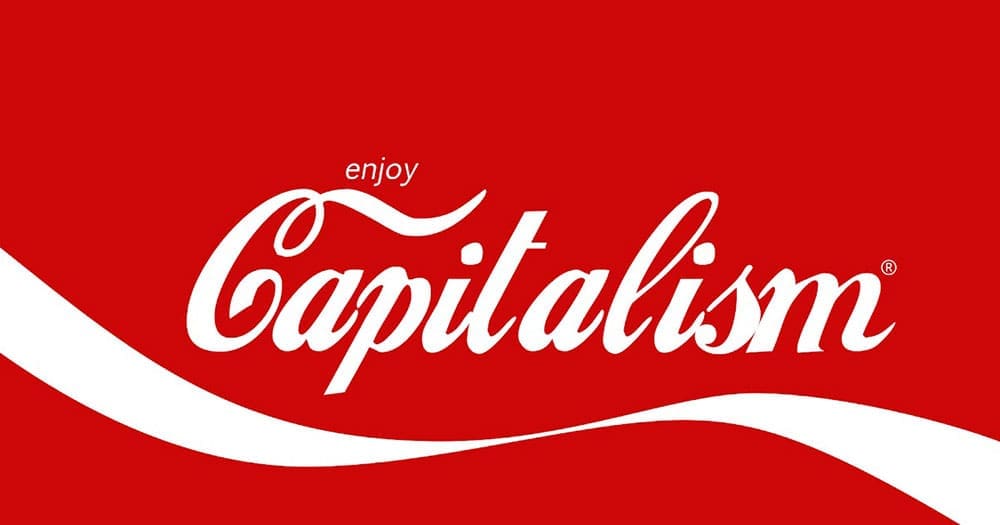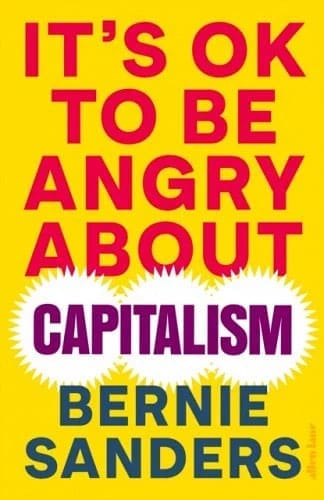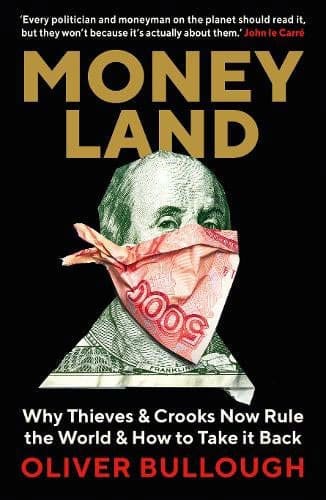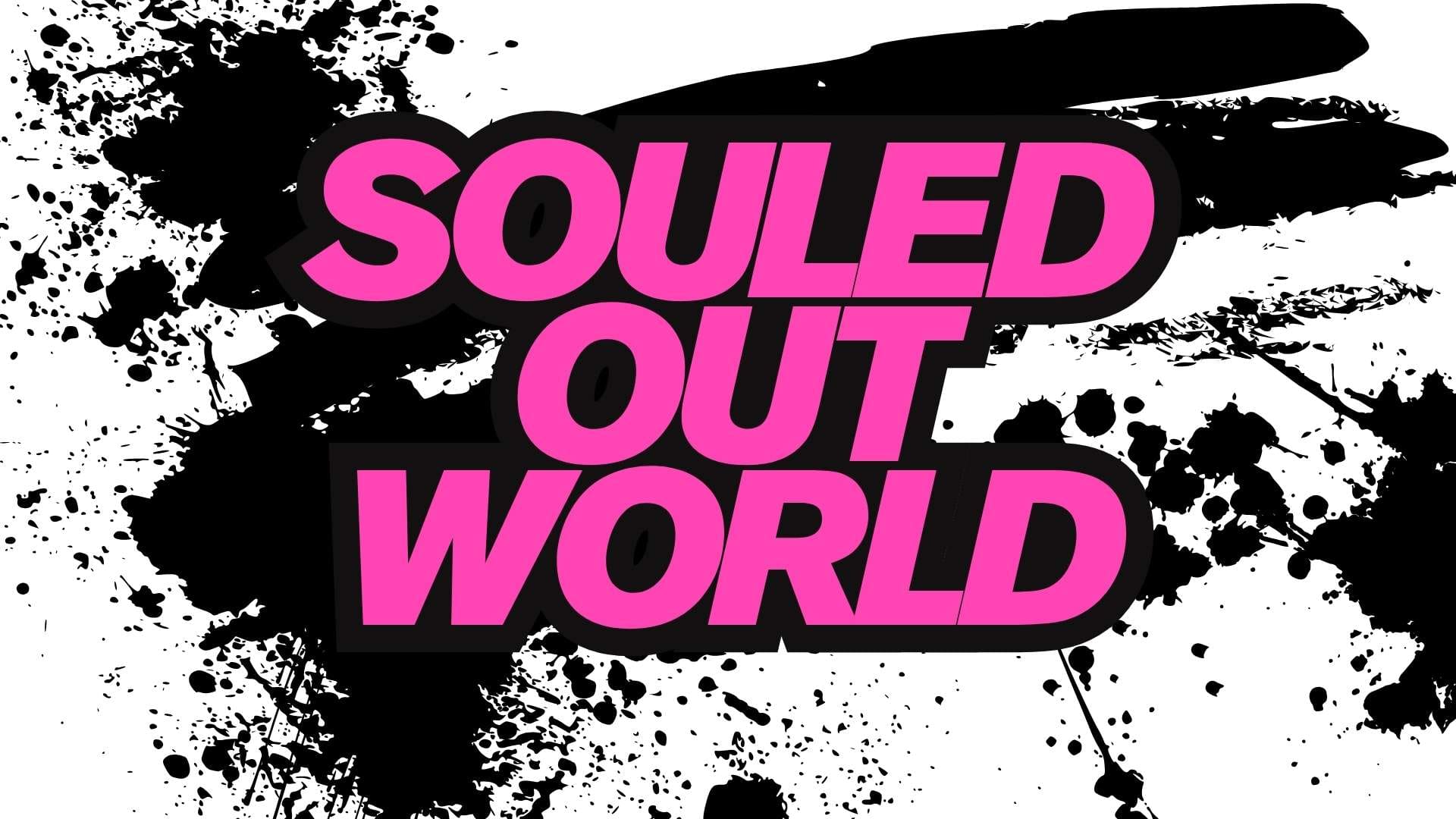A Sustainable Future Beyond Capitalism
The current global economic system, capitalism, has undoubtedly been a driving force for innovation, wealth creation, and technological advancement. It has lifted millions out of poverty, improved standards of living, and fostered a spirit of entrepreneurship and individualism. However, the same system has also been implicated in exacerbating income inequality, environmental degradation, and social unrest.
As we stand at a critical juncture in history, with climate change and social inequality threatening the fabric of societies worldwide, it becomes imperative to explore alternatives to capitalism that promise a sustainable future for all. This piece looks into various alternative economic models that could potentially address these pressing challenges, examining their strengths, weaknesses, and viability.

All of our content is free to access. An independent magazine nonetheless requires investment, so if you take value from this article or any others, please consider sharing, subscribing to our mailing list or donating if you can. Your support is always gratefully received and will never be forgotten. To buy us a metaphorical coffee or two, please click this link.
Table of Contents
The Fundamental Critiques of Capitalism
To begin with, it is essential to understand the fundamental critiques of capitalism that necessitate the search for alternatives. Capitalism, at its core, is predicated on the pursuit of profit and the principle of competition. While these aspects have spurred economic growth and innovation, they have also led to significant social and environmental costs. The relentless drive for profit maximization often results in the exploitation of labour, unchecked resource extraction, and environmental destruction.
The global economic system rewards those who prioritize short-term gains over long-term sustainability, leading to a widening gap between the rich and the poor and contributing to a host of social issues such as poverty, unemployment, and social alienation. Moreover, capitalism’s emphasis on consumerism has fuelled a culture of overconsumption that is incompatible with the ecological limits of our planet.

A Circular Economy
One alternative that has gained traction in recent years is the concept of a circular economy. Unlike the traditional linear economic model, which follows a “take, make, dispose” pattern, a circular economy is designed to be regenerative by intention and design. It aims to decouple economic growth from the consumption of finite resources by creating closed-loop systems where waste is minimized, and materials are reused, refurbished, or recycled.
The circular economy model presents a compelling vision for a sustainable future, as it addresses the environmental degradation caused by resource extraction and waste generation. By promoting a shift from ownership to access and encouraging businesses to design products with their entire lifecycle in mind, a circular economy fosters sustainable consumption patterns and reduces the ecological footprint of human activity.
*All Book Images Open a New tab to our Bookshop
**If you buy books linked to our site, we get 10% commission from Bookshop.org, whose fees support independent bookshops
While the circular economy presents a promising alternative, it is not without its challenges. Implementing a circular economy requires a fundamental shift in how businesses operate, how products are designed and manufactured, and how consumers perceive value. It necessitates collaboration across industries and sectors, as well as substantial investments in new technologies and infrastructures. Moreover, transitioning to a circular economy would require a rethinking of policy frameworks to incentivize sustainable practices and disincentivize wasteful behaviours. Despite these challenges, the circular economy offers a viable pathway toward a more sustainable economic model that aligns with the ecological constraints of our planet.

The Concept of Degrowth
Another alternative that has been proposed is the concept of degrowth. Degrowth advocates argue that the pursuit of perpetual economic growth is fundamentally incompatible with the finite nature of Earth’s resources. They contend that an economic model based on continuous growth inevitably leads to environmental degradation, resource depletion, and social inequality. Instead, degrowth proponents advocate for a planned reduction in production and consumption, particularly in the Global North, to achieve ecological sustainability and social equity. The degrowth movement calls for a reorientation of economic priorities away from GDP growth and towards human well-being, ecological balance, and social justice.
Degrowth challenges the very foundations of modern economic thought and presents a radical reimagining of societal values and goals. It emphasizes the importance of reducing material throughput, sharing resources more equitably, and prioritizing activities that enhance well-being, such as community building, cultural engagement, and environmental stewardship. However, the concept of degrowth is often met with scepticism and resistance, particularly from those who equate economic growth with progress and prosperity.
Critics argue that degrowth could lead to economic contraction, job losses, and reduced living standards, particularly in developing countries that still rely on economic growth to improve their populations’ quality of life. To address these concerns, degrowth advocates emphasize the need for a just transition that ensures that the burden of economic contraction is not disproportionately borne by the most vulnerable.
Cooperative Economics
A third alternative economic model that merits consideration is that of cooperative economics. Cooperatives are organizations owned and operated by their members, who share in the profits and decision-making processes. The cooperative model challenges the capitalist notion of private ownership and profit maximization by prioritizing the needs and well-being of members over profits. Cooperatives can operate in various sectors, including agriculture, manufacturing, retail, and finance, and have been shown to promote economic stability, social cohesion, and equitable distribution of resources.
Cooperatives offer a democratic and participatory alternative to traditional capitalist enterprises, as they empower workers and consumers to have a say in how businesses are run. This model fosters a sense of community, mutual support, and shared responsibility, which can contribute to greater economic resilience and social stability. Furthermore, cooperatives often prioritize sustainability and ethical practices, as their members are more likely to be invested in the long-term well-being of their communities and the environment. However, cooperatives also face challenges, such as access to capital, competition with profit-driven corporations, and the need for effective governance structures to manage collective decision-making processes.

Universal Basic Income
In addition to these alternative economic models, there is growing interest in the concept of a universal basic income (UBI) as a means of addressing economic inequality and providing a safety net in a rapidly changing labour market. UBI involves providing all citizens with a regular, unconditional sum of money, regardless of employment status or income level. Proponents argue that UBI can help reduce poverty, provide economic security, and allow individuals the freedom to pursue meaningful work, education, or entrepreneurial endeavours without the constant pressure of financial instability. By decoupling income from work, UBI has the potential to address some of the structural inequalities inherent in the capitalist system and provide a more equitable distribution of wealth.
While UBI presents an innovative approach to economic redistribution, it is not without its critics. Opponents argue that UBI could lead to inflation, reduce incentives to work, and strain public finances. There are also concerns about the potential for UBI to be co-opted by neoliberal agendas, leading to the erosion of social safety nets and public services. To mitigate these risks, proponents of UBI emphasize the importance of designing the policy in a way that complements, rather than replaces, existing social welfare programs and ensures that it is funded through progressive taxation and wealth redistribution measures.
The Doughnut Economy
Another promising framework for a sustainable future is the concept of the doughnut economy, proposed by economist Kate Raworth. The doughnut economy seeks to balance human needs with ecological boundaries by defining a safe and just space for humanity to thrive. The model is represented as a doughnut-shaped diagram, with the inner ring representing the social foundation (the minimum standards of living that ensure human dignity and well-being) and the outer ring representing the ecological ceiling (the planet’s biophysical limits). The space between these two rings represents the “safe and just” zone where humanity can meet its needs without exceeding the planet’s ecological boundaries.

The doughnut economy offers a holistic approach to economic planning, as it integrates social, economic, and environmental dimensions into a single framework. It challenges the traditional focus on GDP as the primary measure of economic success and calls for a broader range of indicators that capture human well-being, social equity, and ecological health.
The model has gained traction among policymakers, particularly at the city level, where it has been used to inform sustainable urban development strategies. However, implementing the doughnut economy at a national or global scale presents significant challenges, as it requires systemic changes in governance, economic policy, and societal values.

There is No One-Size-Fits-All Solution
In exploring alternatives to capitalism, it is important to recognize that there is no one-size-fits-all solution. Each of the models discussed—circular economy, degrowth, cooperative economics, universal basic income, and doughnut economy—offers unique insights and approaches to building a sustainable future. However, they also face their own set of challenges and limitations. The path forward likely involves a combination of these models, tailored to the specific cultural, social, and economic contexts of different regions and communities.
Moreover, transitioning to a sustainable economic system will require more than just policy changes and new economic models; it will necessitate a profound shift in societal values and priorities. It calls for a move away from the obsession with consumption, growth, and individualism, and towards a greater emphasis on community, equity, and ecological stewardship. Education and public awareness will play a crucial role in fostering this cultural shift, as will the empowerment of local communities to participate in decision-making processes and take ownership of their economic futures.

The Urgent Need to Address the Social and Environmental Crises
The search for alternatives to capitalism is driven by the urgent need to address the social and environmental crises that threaten our collective future. While capitalism has brought about unprecedented levels of economic growth and development, it has also contributed to inequality, environmental degradation, and social fragmentation. The alternative models explored in this piece – circular economy, degrowth, cooperative economics, universal basic income, and doughnut economy – offer promising pathways towards a more sustainable and equitable future.
However, their implementation will require bold action, systemic change, and a reimagining of our economic and social values. As we stand at the crossroads of history, the choices we make today will determine the trajectory of our societies and the health of our planet for generations to come.




















































What do you think?